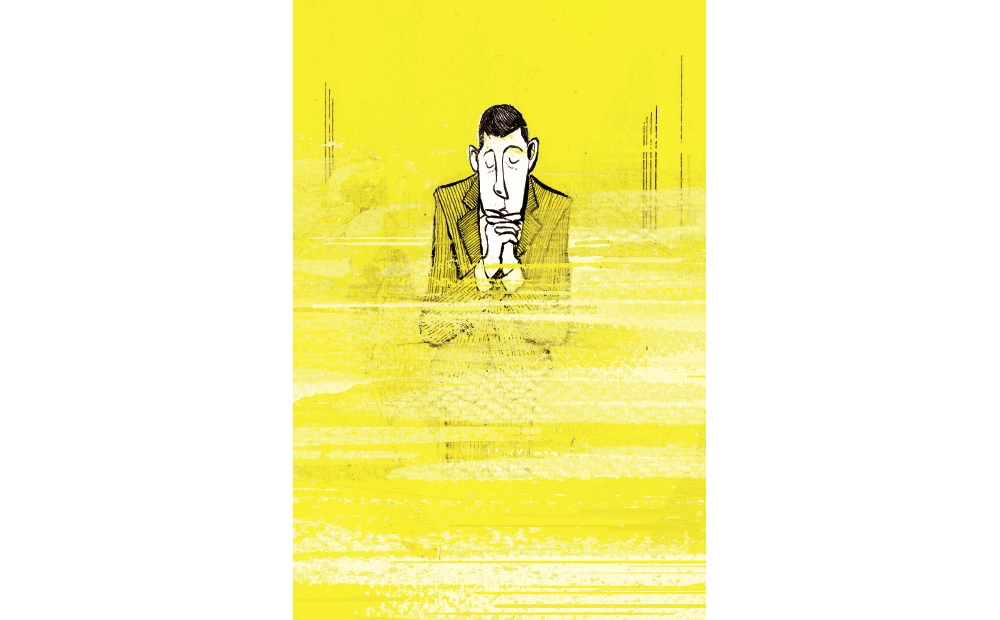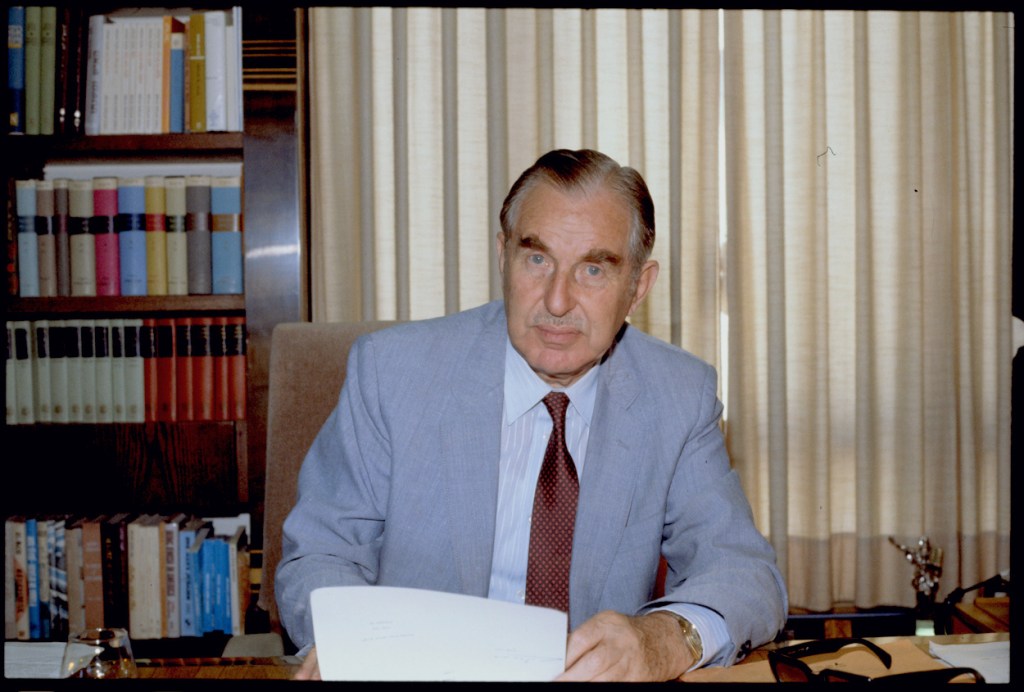Spare a thought for Chris Coghlan, who has learned to his horror that not only is the Pope a Catholic, his own priest is one too. The Liberal Democrat MP, who voted to legalise assisted suicide, attends St Joseph’s Catholic Church in Dorking. He complains to the Observer that Father Ian Vane ‘publicly announced at Mass that he was… denying me Holy Communion as I had breached Canon Law’. Coghlan believes this represents a ‘completely inappropriate interference in democracy by religious authorities’.
If you’re not a Catholic, at this point you’re thinking one of two things: ‘No thanks, I’ll leave the Papists to their internal disputes’, or ‘Canon Law would be a cracking name for a courtroom series about a priest turned barrister’. But stick with me, there’s something for everyone here.
By his own admission, the Dorking and Horley MP was well aware of the Church’s opposition to Kim Leadbeater’s Bill. He was ‘deeply disturbed to receive an email from my local priest four days before the vote… saying if I voted in favour I would be “an obstinate public sinner” [and] complicit in a “murderous act”.’ Now, that’s how I like my priests. Spitting doctrine like fire, not some hippie-boomer Father Mulcahy type spouting happy-clappy 1970s nonsense.
Father Vane explicitly told Coghlan that, were he to vote for Leadbeater’s Bill, it would be ‘a clear contravention of the Church’s teaching’ and would ‘leave me in the position of not being able to give you Holy Communion, as to do so would cause scandal in the Church’. This man has never come within a mile of an altar with an acoustic guitar.
Coghlan claims that Father Vane ‘weakened his argument by wrongly characterising assisted dying’ as ‘direct euthanasia, which is putting an end to somebody else’s life’. It is Coghlan who is wrong. The distinction he posits is not recognised by the Catholic Church.
The Catechism says: ‘Intentional euthanasia, whatever its forms or motives, is murder. It is gravely contrary to the dignity of the human person and to the respect due to the living God, his Creator.’ Suicide, meanwhile, is ‘seriously contrary to justice, hope, and charity’ and ‘forbidden by the fifth commandment’. Saint Pope John Paul II, in Evangelium Vitae, defined euthanasia as ‘an action or omission which of itself and by intention causes death, with the purpose of eliminating all suffering’.
He termed it ‘a grave violation of the law of God’ and listed it, along with abortion, as ‘crimes which no human law can claim to legitimise’. He acknowledged the concept of ‘assisted suicide’ but turned it over to Saint Augustine, who held that it was ‘never licit to kill another: even if he should wish it, indeed if he request it… nor is it licit even when a sick person is no longer able to live’. John Paul concluded that ‘any state which made such a request legitimate and authorised it to be carried out would be legalising a case of suicide-murder’.
Even so, was it really necessary to deny Coghlan Holy Communion and announce said decision? Father Vane has faithfully guarded the Eucharist in accordance with Canon 915 and the teaching of Cardinal Ratzinger (as he then was) in ‘Worthiness to Receive Holy Communion’. The legacy of Pope Francis, however, complicates matters a little. As Cardinal Bergoglio, he drafted the Aparecida Document issued by Pope Benedict XVI, which stated that Catholics in public life ‘cannot receive Holy Communion and at the same time act with deeds or words against the Commandments’, specifically citing euthanasia as an example.
However, as Pope Francis, he preached that ‘the Eucharist is not the reward of saints, but the bread of sinners’. He also waded into the controversy over pro-abortion US politicians receiving the Blessed Sacrament, saying he had ‘never’ refused anyone Communion and exhorting priests and bishops to ‘be a shepherd’ with ‘closeness, compassion and tenderness’. Did Coghlan cast his vote with this in mind? If so, even those of us who favour doctrinal soundness over Jesuitical cleverness might wonder if there could have been a way around a eucharistic sanction.
Unfortunately, Coghlan puts paid to that when he says he ‘supported assisted dying in accordance with my conscience’. He is entitled to his conscience, but it is by definition not a Catholic one. Catholicism is composed of three strands: scripture, tradition and the magisterium, the latter being the instructional authority given to the Church by Jesus Christ. All three are as one on the question of man’s creation in the image of God and the sanctity of human life. If you don’t believe in these doctrines, then Catholicism is not the religion for you. Coghlan is halfway to that realisation when he says: ‘My private religion will continue to have zero direct relevance to my work as an MP’. Catholicism is not a hobby, it’s a living witness shaped by rites, dogma, and authority. If it has ‘zero direct relevance’ to your work, whatever that work is, you’re in the wrong church. I hear the Anglicans put on a nice service.
This sounds harsh, but it should not be mistaken for a saintly passing of judgement on a reprobate. Like Coghlan, I too am a sinner, perhaps sometimes a public one, and while I hope that I’m not too obstinate I cannot shed my birthright as a Scot. I would be in no position to judge him anyway, for I have recently returned to the Church only to learn that this Christianity business is much harder than I remember. So I speak not with the zeal of the convert but with the unbearable burden of the prodigal son drawn home in the full knowledge of his iniquity and his inadequacy. Catholicism is a struggle, it’s meant to be a struggle, but it has to be a struggle you want, not one you merely inherit, or identify with, or thole to get your children into a Catholic school.
I had never heard of Chris Coghlan before now. He might be a fine man and a hard-working MP, but he seems very confused about both freedom of conscience and democracy. If an MP was a member of the National Secular Society, was told he would be sanctioned if he voted to send a Bible to every household in Britain, did so anyway, then had his membership suspended, would Coghlan consider this an ‘interference in democracy’? If he would, he belongs in neither the Church nor the Commons.








Comments